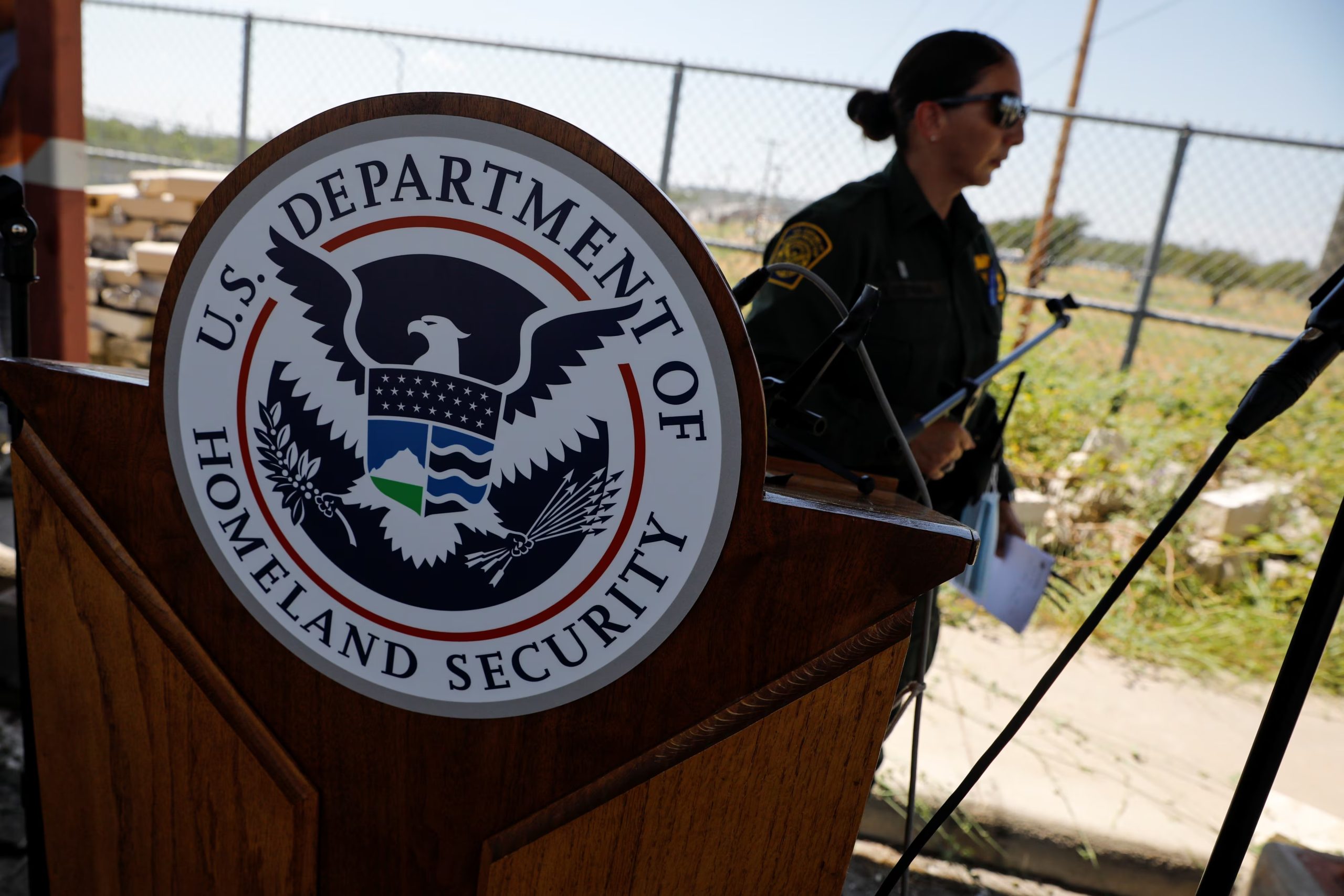The United States has deported five foreign nationals convicted of serious crimes to the southern African kingdom of Eswatini, as part of an escalating campaign by the Trump administration to remove what officials call “criminal illegal aliens.”
The deportees, originating from Vietnam, Jamaica, Laos, Cuba, and Yemen, were described by US officials as individuals whose criminal offenses included murder and child sexual assault.
Tricia McLaughlin, Assistant Secretary at the Department of Homeland Security, announced the deportation on social media.
She stated that the flight had successfully landed in Eswatini and that the individuals were no longer on US soil.
She characterized the deportees as “depraved monsters” who had caused harm to American communities, adding that their home countries had initially refused to accept their return.
“This flight took individuals so uniquely barbaric that their home countries refused to take them back,” McLaughlin posted on X, the social media platform formerly known as Twitter.
The move follows a recent legal shift that allows the US government to deport individuals to countries with which they have no direct ties.
Earlier this month, eight migrants from various nations were sent to South Sudan after a court lifted restrictions on third-country deportations. That group included only one South Sudanese citizen.
Authorities in Juba confirmed the men were in good physical condition and were being held in a civilian facility under police and security surveillance.
Eswatini, Africa’s last absolute monarchy, has not issued a public statement about receiving the deported individuals.
The landlocked country, formerly known as Swaziland, is bordered by South Africa and Mozambique and has been ruled by King Mswati III since 1986.
Media outlets had previously named Eswatini as a potential destination for US deportees, particularly those whom other nations refused to take back.
This deportation to Eswatini is the latest in a series of steps by the Trump administration to widen the scope of immigration enforcement.
In April, US Secretary of State Marco Rubio revoked all visas issued to South Sudanese nationals, criticizing the country for not cooperating with repatriation requests.
While it is unclear if South Sudan’s stance has shifted since then, the recent arrival of deportees there signals possible cooperation.
Meanwhile, other countries have been named in media reports as potential recipients of deported individuals, including Rwanda, Angola, Benin, Equatorial Guinea, and Moldova.
Rwanda has acknowledged preliminary discussions, although no official agreement has been confirmed.
Notably, Nigeria has publicly rejected pressure from the US to accept deportees from Venezuela or other non-Nigerian nationals.
This emphasizes that it would not be coerced into hosting third-country migrants.
The Trump administration’s aggressive immigration policies have drawn both praise and criticism.
Mass deportations were a signature promise of Trump’s election campaign, helping him garner support from a broad spectrum of voters, including segments of the Hispanic community.
However, the administration’s approach has gone beyond targeting undocumented immigrants.
It has included a crackdown on legal immigration pathways, such as student visas, and attempts to revoke protections previously granted to refugees and temporary workers.
Recent policy changes also include suspending most refugee admissions, except for white South Africans, and tightening restrictions on immigrants from certain countries.
Additionally, workplace raids have resumed in full force, a practice that was largely paused under President Joe Biden’s administration.
The deportation flight to Eswatini signals a new era in US immigration enforcement—one in which the US not only targets undocumented individuals but also seeks to send them to third countries, often without historical or legal connections to the deportees.
While the long-term legal and diplomatic consequences of such actions remain to be seen, they represent a significant escalation in the Trump administration’s immigration strategy.
As more countries are named as possible hosts for individuals convicted of crimes abroad, human rights groups and legal experts continue to raise concerns.
They raise concerns about the treatment of deportees, the legitimacy of third-country agreements, and the potential violations of international law.
For now, however, the administration appears determined to pursue its hardline stance, using every available tool to reduce the presence of undocumented and criminal immigrants on American soil.







